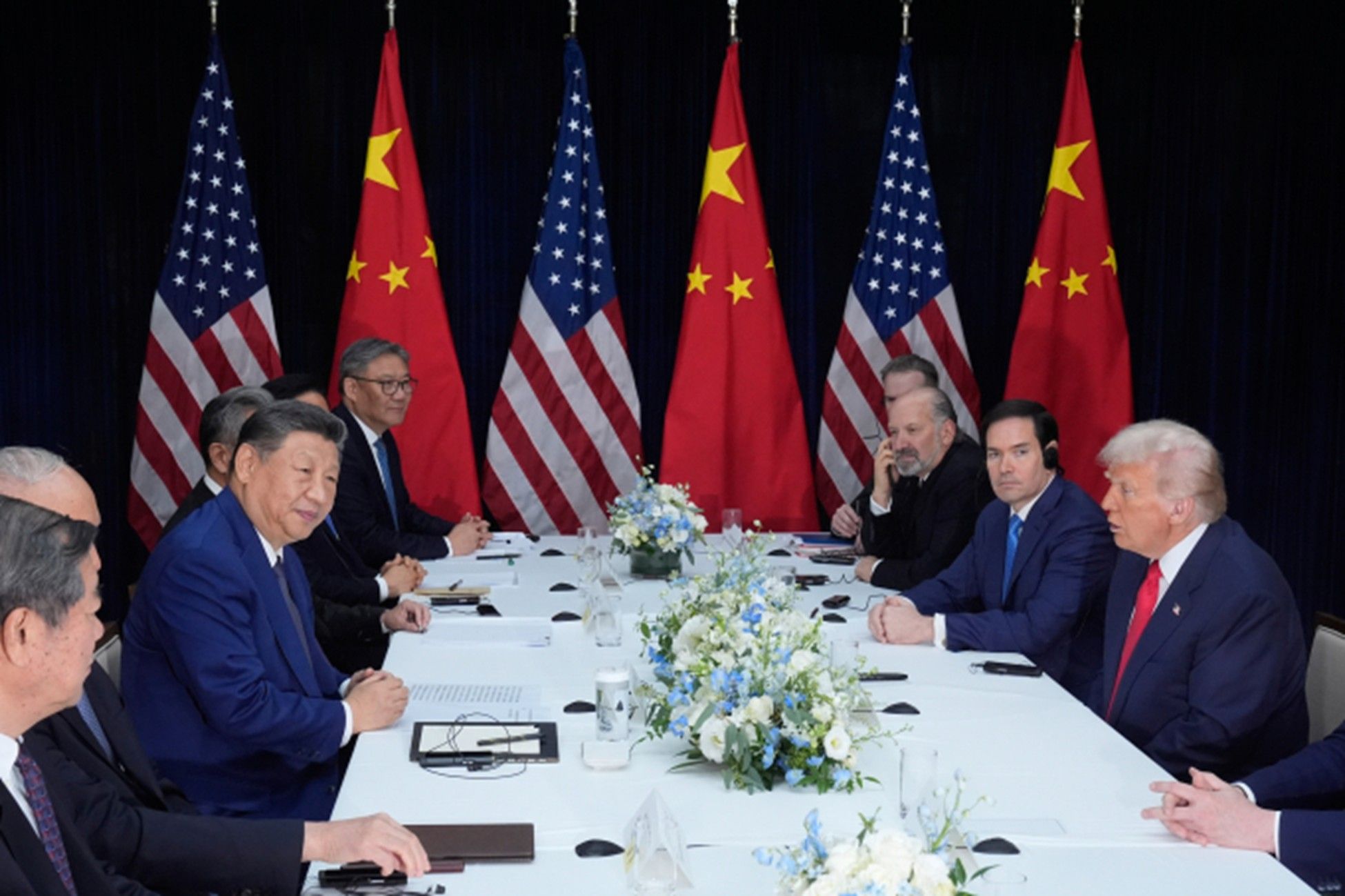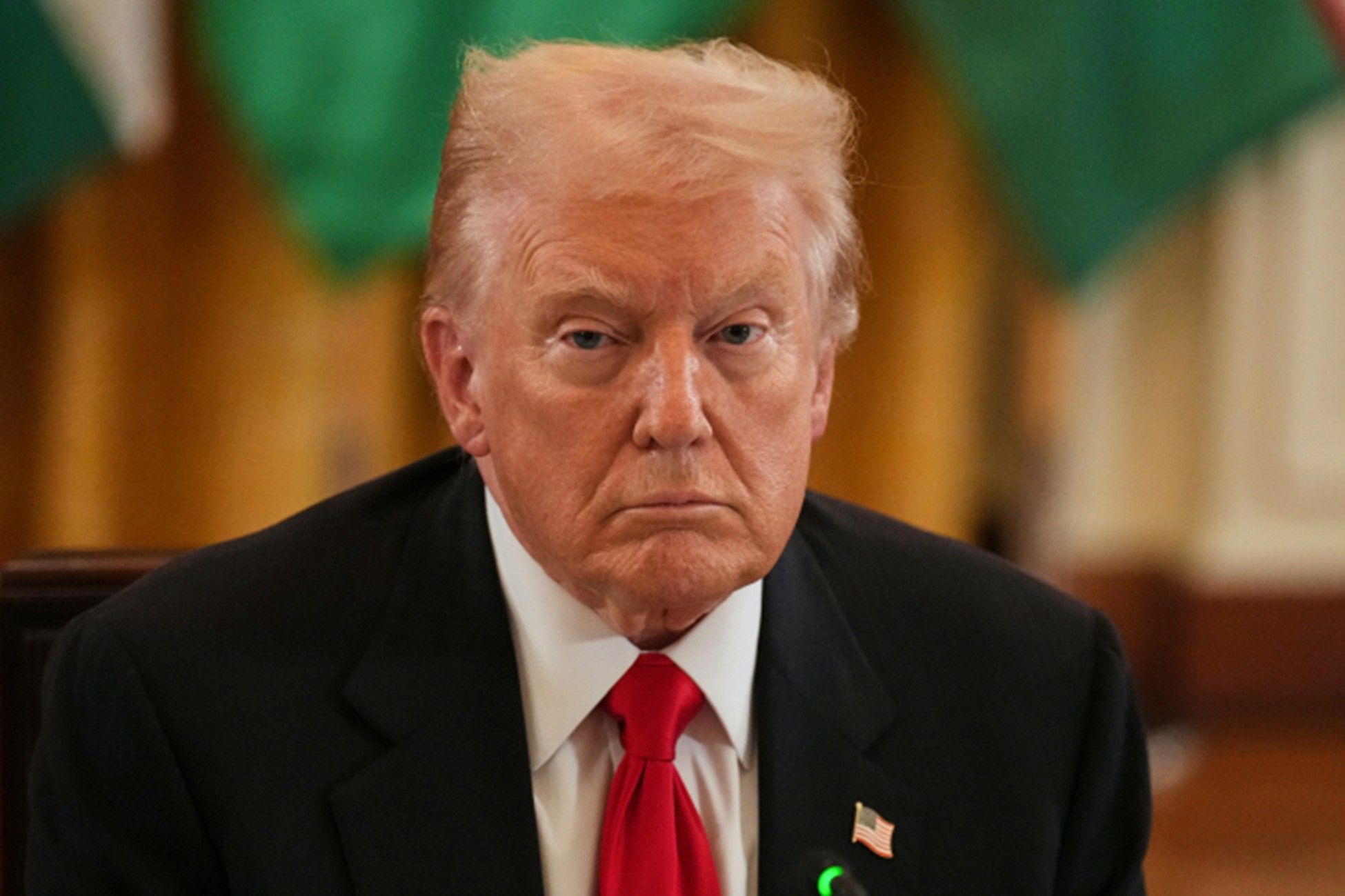Trump's tariffs, US-China trade relations, and a wave of AI investment are among the issues that could shape the global economy in 2026.
In the context of globalization and fierce competition, trade policies of major powers can have profound impacts on supply chains and production and export activities. One typical example is former US President Donald Trump's strong tariffs on Chinese goods, which contributed to reducing the US trade deficit by 2,800 billion USD in just 4 years. This story provides many strategic perspectives for Vietnamese enterprises, especially the non-ferrous metal industry - a sector that is heavily dependent on international trade.
US Tariff Policy: Strengthening Domestic Manufacturing
From 2017 to 2020, the Trump administration imposed a series of tariffs on imports from China, the country with the largest trade surplus with the US. The high tariffs forced many US businesses to switch to suppliers other than China or to invest in domestic production.
According to published data, in that four-year period alone, the US trade deficit fell by a total of $2.8 trillion – an impressive figure, reflecting the clear impact of tax policy.

A corner of Los Angeles Harbor in San Pedro, California, USA, May 5. Photo: Reuters
The ripple effect on global supply chains
The US's change in trade strategy has forced the global supply chain to restructure. Many international companies, especially in the field of manufacturing industrial components and materials, have begun to look for alternative supply markets, including Vietnam.
The non-ferrous metal industry – with products such as aluminum, copper, stainless steel – is also among the indirect beneficiaries. Enterprises with stable supply capacity, meeting international standards, will easily become alternative links in the new global supply chain.
Adaptation strategy for Vietnam's non-ferrous metal industry in the face of global trade fluctuations
In the context of the world trade flow constantly changing due to tariff policies, Vietnamese enterprises in the non-ferrous metal industry - typically Oristar - need to proactively reshape their development strategy to seize opportunities and improve competitiveness:
- Prioritizing investment in technology and integrated ERP systems : Comprehensive digitalization of production and management processes helps Oristar meet strict requirements for traceability, transparency and international standards in the global supply chain.
- Increasing technical content in non-ferrous metal processing : Developing cutting, sawing, CNC milling, heat treatment services... not only helps increase product value but also creates sustainable competitive advantages, aiming for the role of a strategic supplier in the region.
- Promoting digital transformation and multi-channel sales : From B2B e-commerce to integrated CRM – EC platform, Oristar is pioneering the application of technology to expand the market, enhance customer experience and optimize business performance.
- Developing market analysis and early warning capabilities : Building a data system to analyze global policy trends (tariffs, logistics, input costs) helps businesses proactively respond and make flexible decisions, minimizing risks.
Conclude
The tariff policy under Trump is not only a political and economic move, but also a strategic push that changes the global supply chain landscape. For Vietnamese enterprises in the non-ferrous metal industry, especially Oristar, this is a golden time to restructure the business model, optimize production activities and affirm its position in the new global supply chain.
--
Oristar – Leading Metal Supplier in Asia
⚡ Core product lines: Copper, Aluminum, Steel
⚡ Main product grades provided by Oristar: Aluminum alloys, Copper alloys, Aluminum alloy plates, Aluminum coil grades, Tool steel, Special steel: A5052, A6061, A7075, C1100, C2680, C3604, SUS303, SUS304, SKD11, SKD61,...
For product consultation, please contact:
⚡ Hotline: 0988 750 686
⚡ Email: info@oristar.vn
⚡ Zalo OA
⚡ ️Website E-commerce
⚡ Official Website

 VN
VN

 EN
EN
 KR
KR
 JP
JP
 CN
CN



 Economy
Economy


